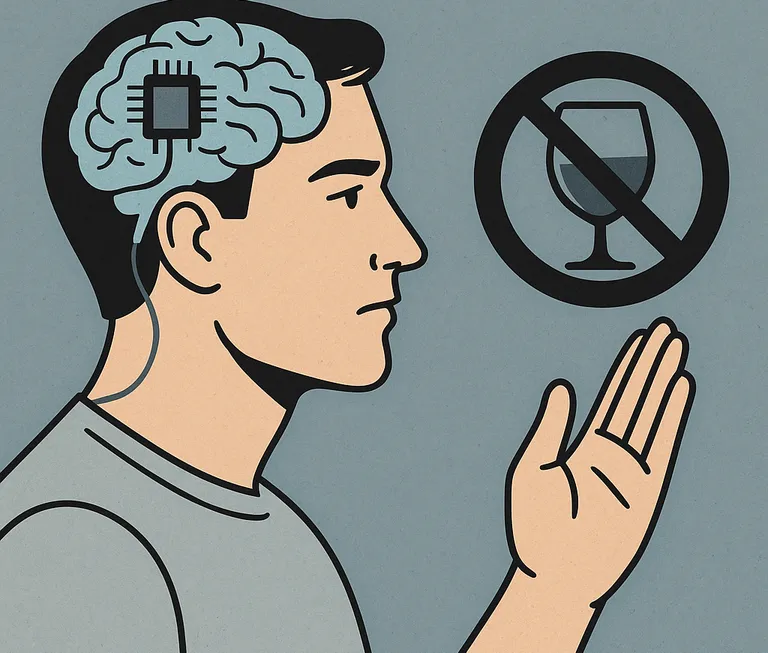May 2025 — Health & Science Desk — In a bold leap forward for addiction treatment, Chinese scientists have developed a brain-implanted chip designed to suppress the desire to drink alcohol. The experimental technology is raising eyebrows across the global medical and ethical communities, but its early results are undeniably promising.
🧠 A Chip That Alters Addiction?
According to researchers at a leading neurological institute in China, the chip uses targeted electrical stimulation to inhibit neural signals associated with alcohol craving. The device is surgically implanted into a part of the brain responsible for reward processing and impulse control — areas heavily impacted in cases of alcohol dependence.
“Our goal is to offer a solution for individuals with chronic alcohol use disorder who have not responded to traditional treatments,” said Dr. Wei Zhang, lead neuroscientist on the project.
🔬 How It Works
- The chip monitors brain activity in real time.
- When craving patterns are detected, it emits mild electrical pulses to disrupt the cycle.
- The intervention is automated and adjustable, based on individual responses.
Researchers report a 70–80% reduction in alcohol cravings among the initial group of test subjects.
🍺 Why It Matters
Alcohol addiction continues to be a global health crisis:
- Over 3 million deaths are linked to alcohol use annually (WHO).
- Traditional treatments — like therapy, medications, and rehab — have varying success rates.
This chip could represent a new frontier in neuro-intervention, especially for individuals with severe, treatment-resistant alcoholism.
⚠️ Ethical Questions and Global Scrutiny
While the potential benefits are vast, critics are voicing serious concerns:
- Privacy: Could such technology be misused to modify other behaviors?
- Consent and autonomy: How freely can someone consent to a brain implant?
- Regulation: Who oversees such devices, especially across international borders?
Bioethicists stress the need for transparent clinical trials, informed consent processes, and oversight by international medical boards.
📅 What’s Next?
The chip is still in the experimental phase, but trials are expected to expand across Asia and potentially into Europe and the U.S. pending regulatory approval.
China’s health ministry is reviewing long-term data to determine its safety and scalability. If successful, it could become a breakthrough alternative to conventional rehabilitation.
Final Thoughts
A chip that can quiet addiction at its neurological roots might sound like science fiction — but it’s fast becoming science fact. As research continues, the world will be watching how this controversial innovation unfolds.
Will this become a powerful weapon in the fight against addiction — or open the door to new ethical dilemmas?
By ✍️ Tammy Castillo - MicuPost Team
Sources:



